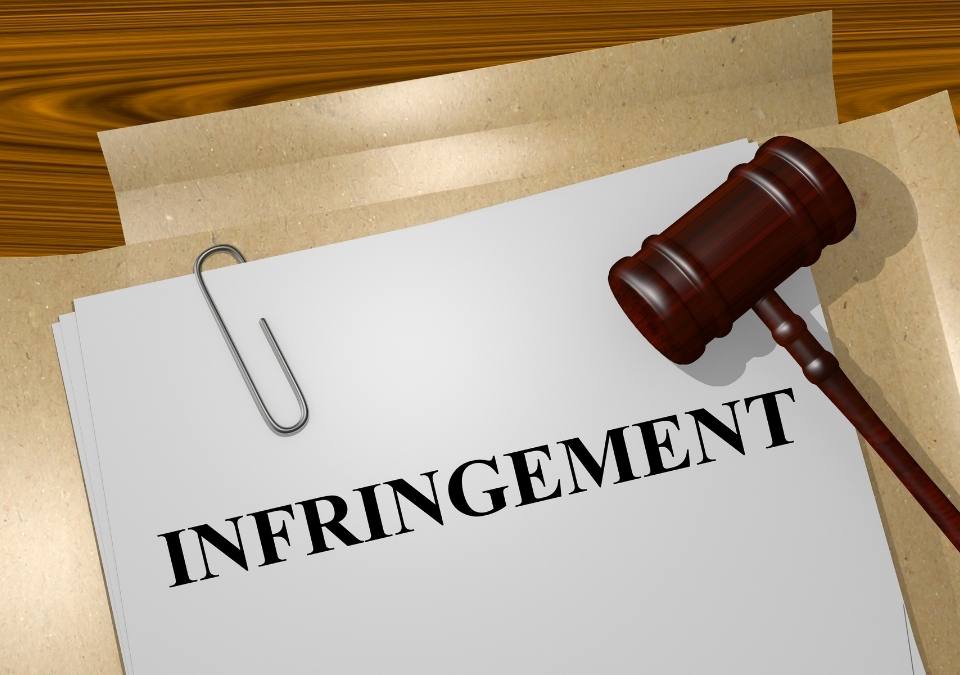A Melbourne fruit market was recently fined a record $660,000 by the Fair Work Commission for underpaying a newly-arrived refugee worker. The penalty comprised a $16,020 personal fine against the former owner-operator of the fruit market, and $644,000 against the company.
The worker was paid as little as $3.50 an hour, as opposed to the Award obligations of a minimum $17 per hour (for normal hours) – an underpayment of $25,000 over a 4-month period.
Judge Burchardt, of the Federal Circuit Court, found that the worker was not provided with the required meal breaks, despite sometimes working more than 12 hours a day. He was also not paid untaken annual leave or leave loading upon termination of his employment.
The company was also found to have breached a range of record-keeping and pay slip laws, with their record-keeping found to be “chaotic and incomplete”. There were no pay slips created, no superannuation was paid, and wage payments were made in cash.
“This was not a properly and lawfully run business,” Judge Burchardt said. “It was conducted in plain breach of a number of workplace regulations.”
Fair Work Ombudsman Natalie James said the record penalties should serve as a warning to employers that those who exploit workers face major financial consequences.
“These new record penalties highlight how seriously the courts take unlawful behaviour which involves workers being taken advantage of and stripped of minimum wages and entitlements,” Ms James said. “Employers who deliberately exploit vulnerable workers should be on notice that we will do everything in our power to hold you to account.”
Click here to read the full SMH article.
What can you do to ensure you are paying your workers correctly, and minimise the risk of a Fair Work breach?
To ensure that your company is not at risk of a Fair Work Breach, you should regularly check that you are meeting your requirements under the National Employment Standards and any Awards that apply to workers in your business. This includes, for example, ensuring that you are:
- Paying the correct rates of pay for normal, weekend and overtime hours
- Issuing proper pay slips
- Paying the correct amount of superannuation
- Providing the necessary breaks during shifts
If you are unsure of what your obligations are, or you would like some help to review your level of compliance, give us a call. We can conduct a thorough HR Risk Review of your current position, and provide you with a comprehensive list of recommendations to address any areas of concern.
This article includes general information. It should not be considered legal advice.

